In order to transform the territories, communities must be listened to
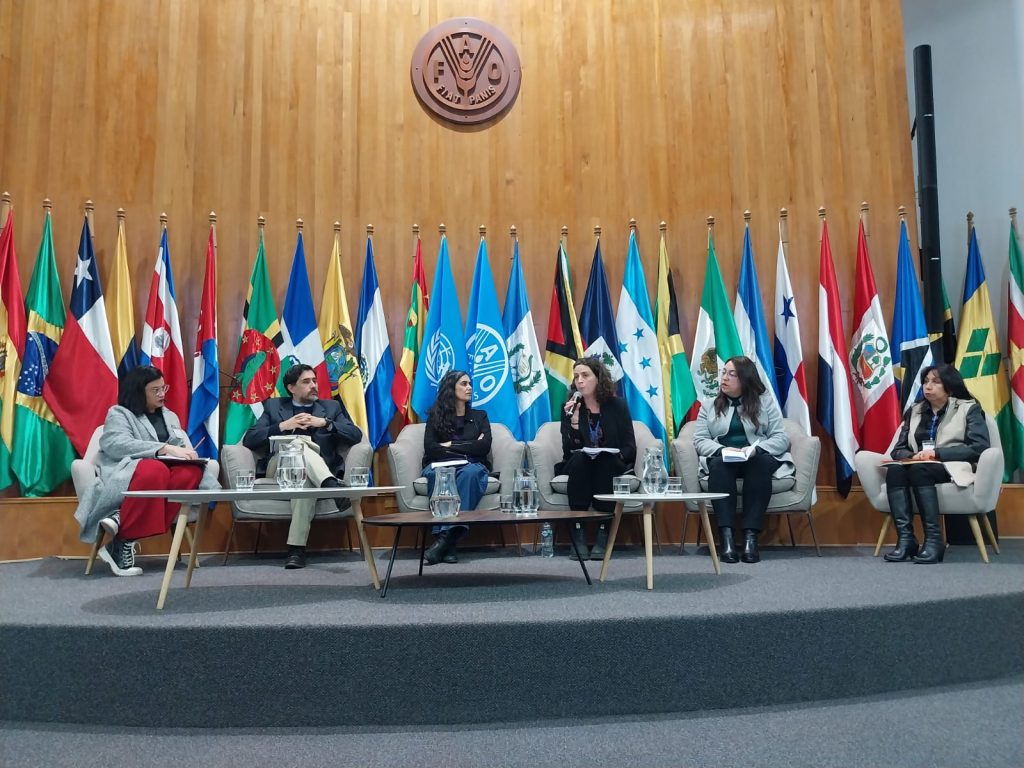
Rimisp presented at an international seminar celebrating 10 years of the “Small Localities” program in Chile.
Design of a methodology to classify and recognize the differentiations of INDAP users
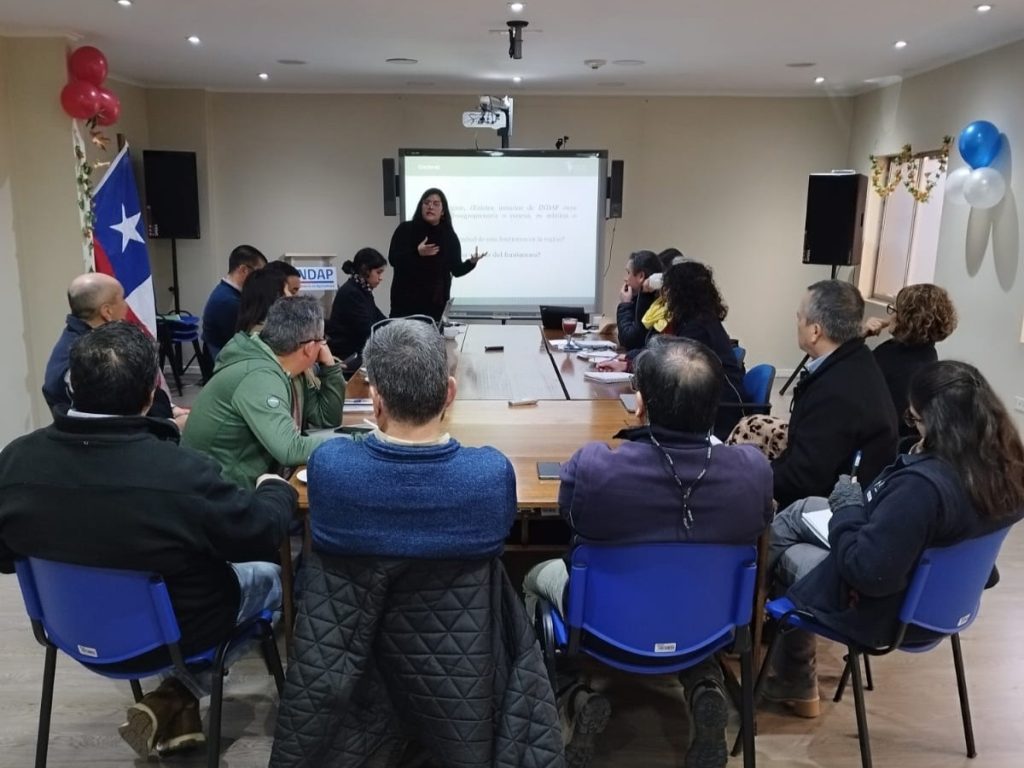
The purpose of this consultancy is to develop a robust yet simple to apply method for stratifying INDAP users, aimed at identifying and classifying users based on their differences and specific needs.
Consultancy for the +Forests Project, FAO – CONAF
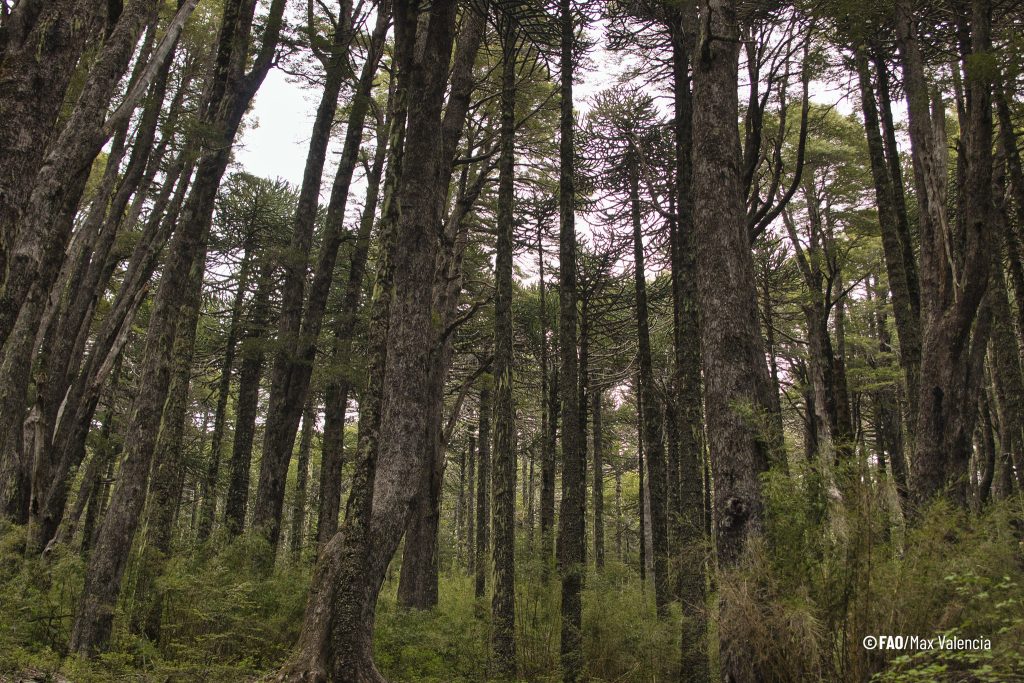
The project seeks to develop a detailed economic analysis that incorporates both the financial profitability and opportunity costs perceived by the beneficiaries of the National Strategy for Climate Change and Vegetation Resources (ENCCRV) led by the National Forestry Corporation ( CONAF) and its +Forests Project, an initiative that has the technical support of the Food and Agriculture Organization of the United Nations, FAO, and the financing of the Green Climate Fund.
Training program: Leadership and community promotion
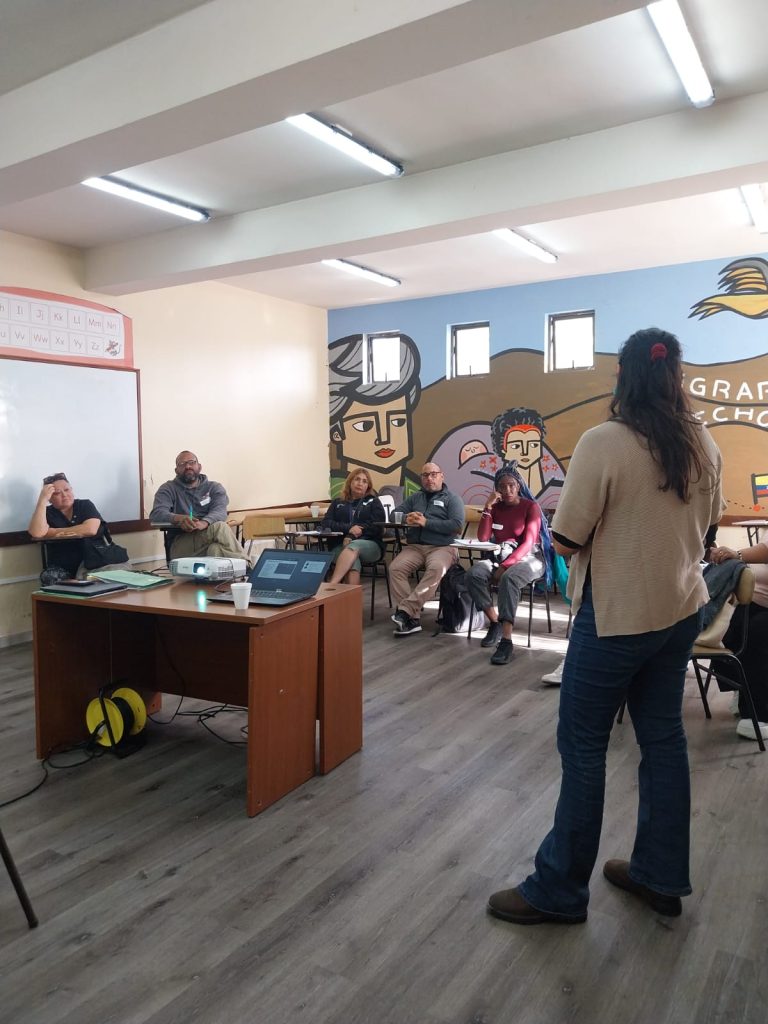
Design and development of a training plan for community leaders in the city of Arica, with the objective of strengthening their leadership capacities and territorial incidence from the rescue of local trust links and community participation.
Indigenous agro-food systems in transition: Experiences from three territories in Bolivia, Guatemala and Mexico

This study explores the dynamics of indigenous agri-food systems in transition in three Latin American territories: Sierra Norte de Puebla (Mexico), Alta Verapaz (Guatemala), and Torotoro (Bolivia). Through surveys of 569 indigenous farmers, it examines how local communities respond to the pressures of climate change, socioeconomic vulnerability, and market integration. The results reveal high levels of pluriactivity, self-production of food for household consumption, and significant dependence on local markets, along with increasing environmental risks such as drought and soil degradation. In the context of adverse conditions, households maintain agroecological practices such as crop diversification and the conservation of native seeds, while using conventional agricultural inputs to maintain productivity. The findings illustrate that indigenous agri-food systems are not static but rather adopt hybrid strategies that combine tradition and modernity to ensure livelihoods and food security in increasingly uncertain contexts.
The Director of Rimisp in Chile was part of the Expert Commission that delivered to President Boric the new proposal for poverty measurement
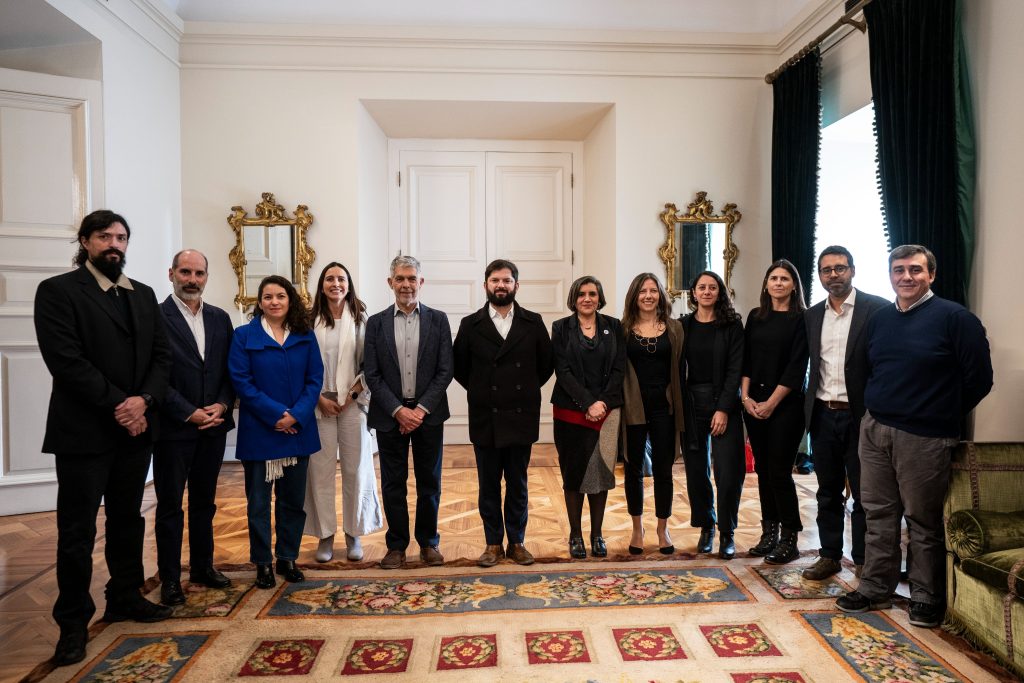
The President of Chile, Gabriel Boric Font, received this Thursday, July 3, the final report with recommendations for the update of the Poverty Measurement in Chile. The Expert Advisory Commission Chair, of technical and transversal character, included the participation of Rodrigo Yáñez, director of the Chile office of Rimisp – Latin American Center for Rural Development.
The Four Indigenous Directions: Towards a Governance of Planet Earth in Balance

This document is based on Ken Paul’s presentation on sustainable governance of planet Earth and
the oceans for the meeting “Transformation of food systems: perspectives of indigenous peoples
and nations of the Americas” held in Yunguilla, Ecuador, with the participation of representatives
of indigenous peoples and nations of the Americas.
Indigenous Rights in Latin America: Main Tools and the Challenges of their Implementation

This document is based on Kelly Ulcuango’s presentation on indigenous rights for the meeting
“Transformation of food systems: perspectives of indigenous peoples and nations of the Americas”
held in Yunguilla, Ecuador, with the participation of representatives of indigenous peoples and
nations of the Americas.
Successful 1st Agroecological Productive and Healthy Food Fair in Torotoro, Bolivia
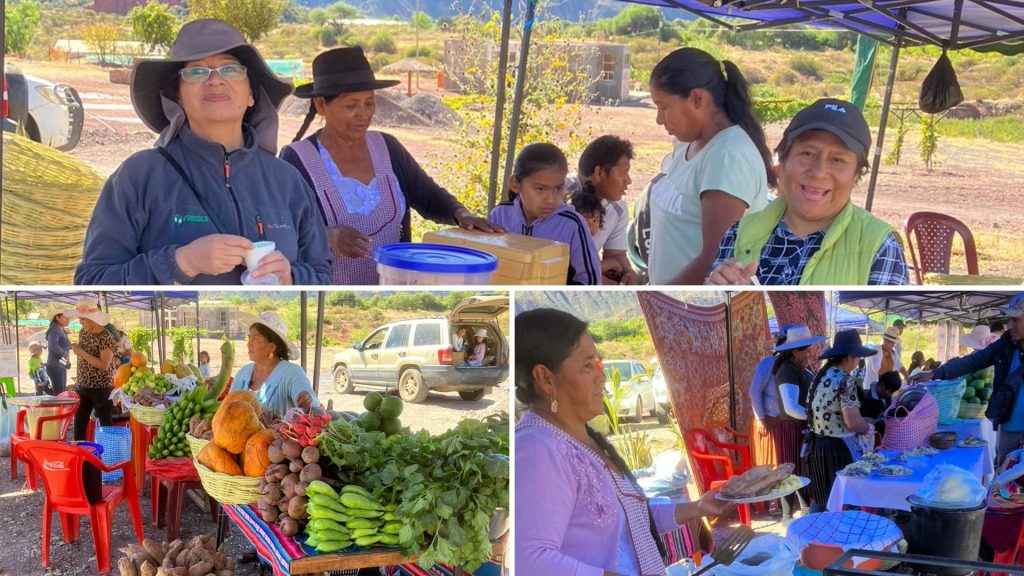
The event, held as part of the Networks for Agrifood Transformation project, took place in the Rancho Pampa community.
Opportunity and mobility: what Latin American families teach us about inequality
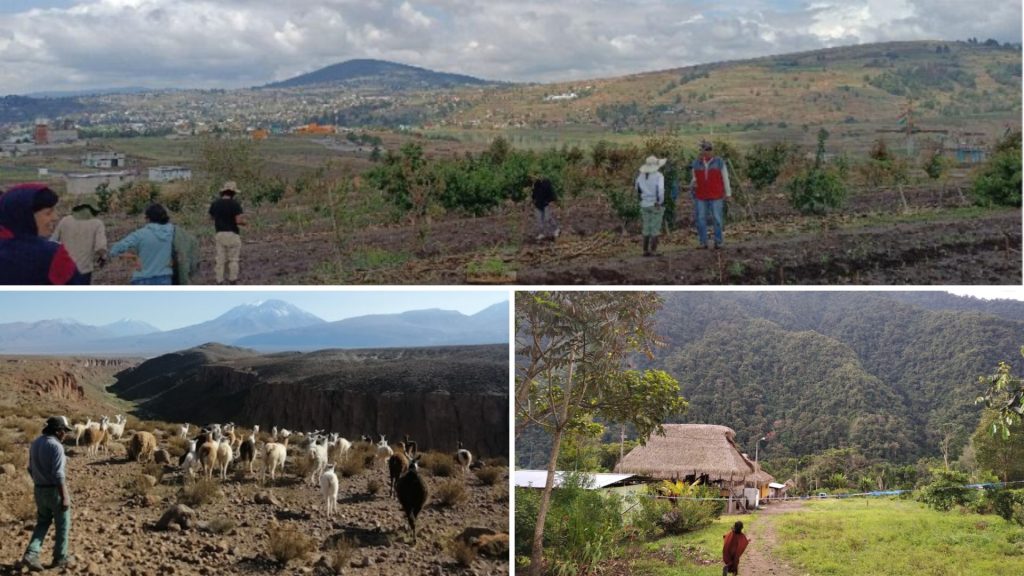
Facebook Instagram X-twitter Youtube Linkedin Text written by the researchers Chiara Cazzuffi, Thibaut Plassot and Isidro Soloaga authors of papers developed within the framework of Rimisp’s project “Transforming Territories”.. In Latin America, most parents want their children to go on to higher education. However, many do not believe that this will actually happen. This gap […]